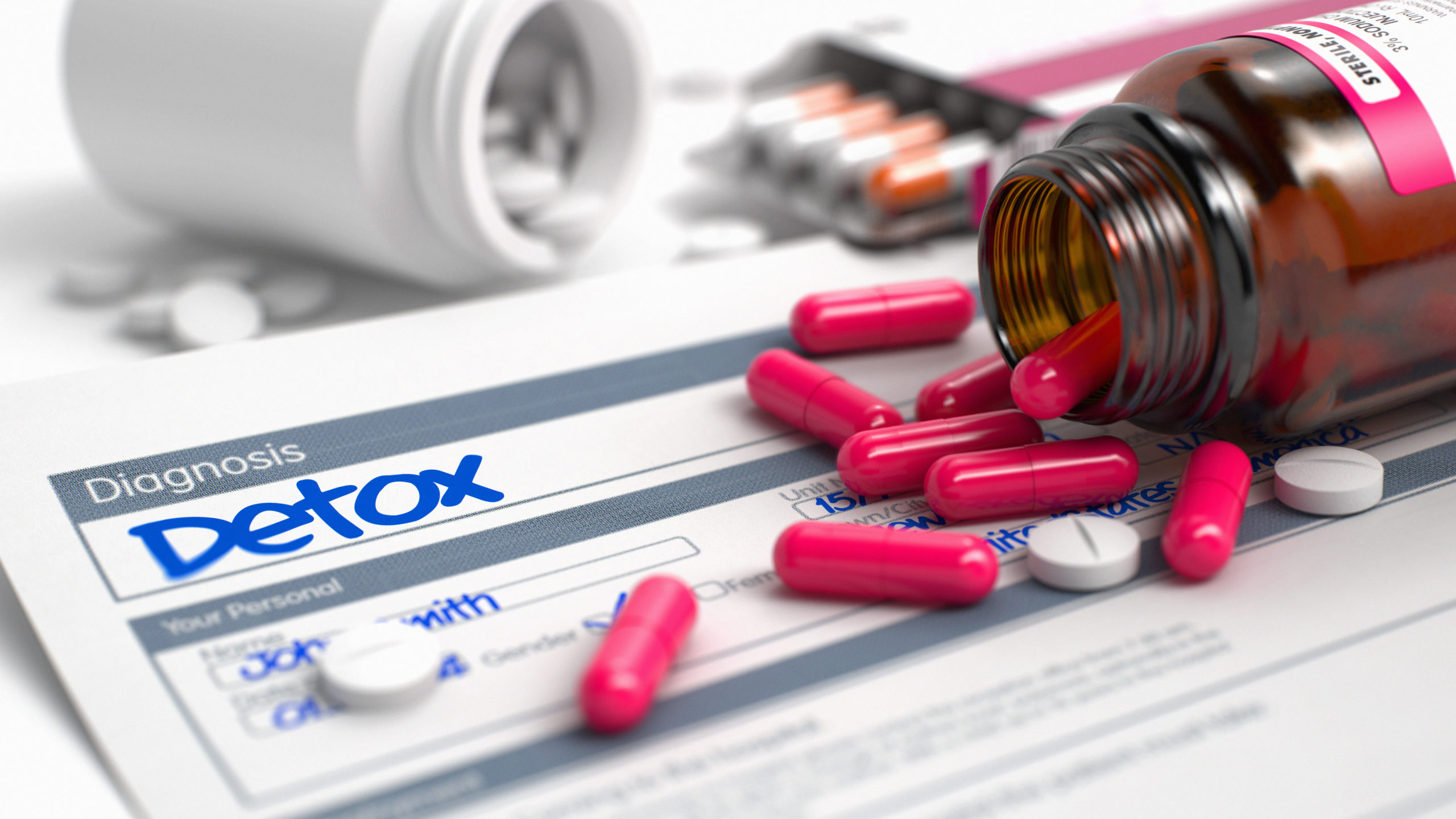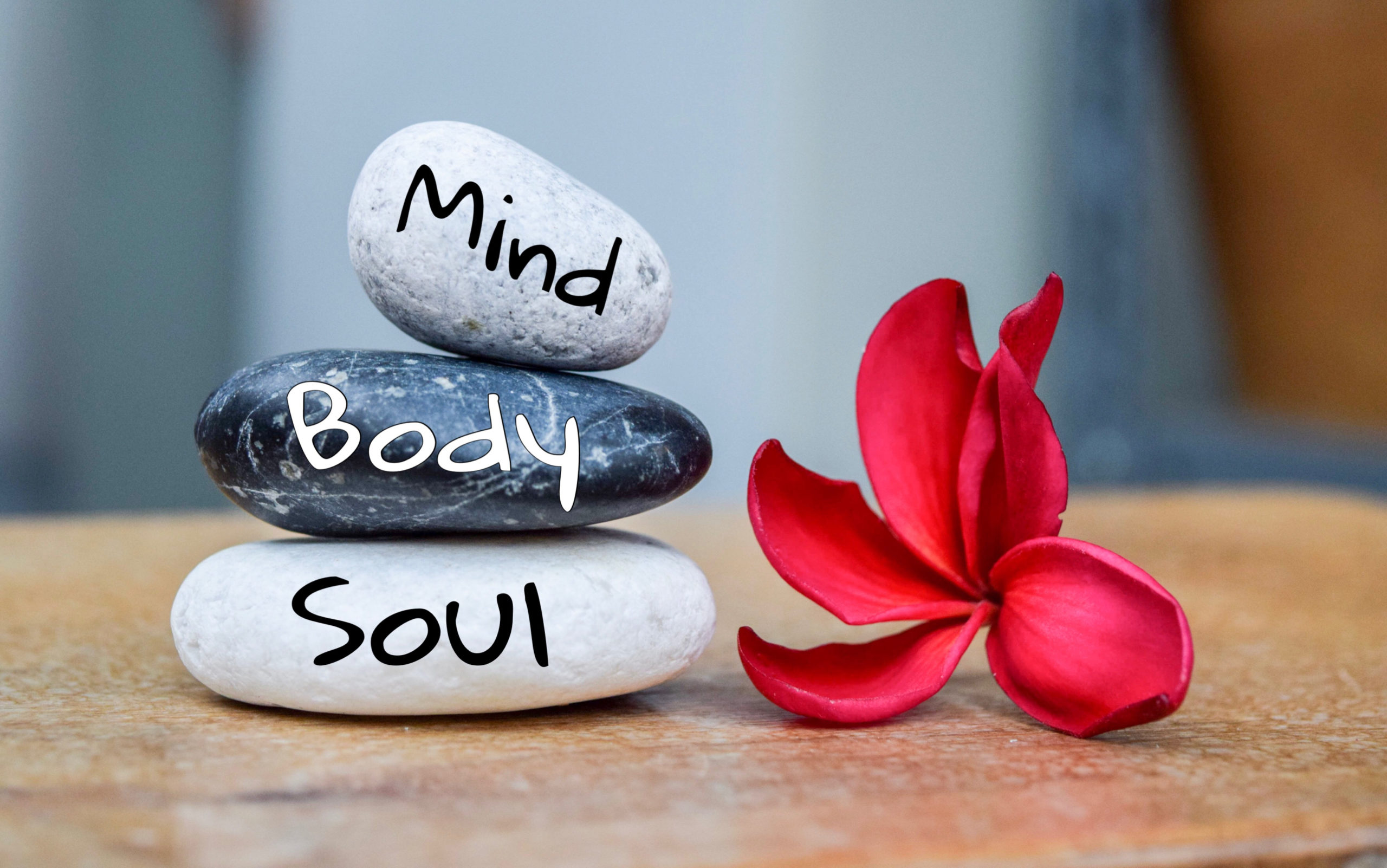Detox is considered the scary part of addiction treatment for many. You’re used to the drugs, they’re your normal, your coping mechanism and in some ways your everything. Detox is the proverbial line in the sand and that can be intimidating.
Some folks have been on the drink or drugs for so long they can scarcely remember their sober lives. That’s an uncomfortable position to be in to say the least.
There’s also just a plain fear of the unknown. How is my body going to react? What will my mind do? How long does it all last?
What if I fail?
All reasonable thoughts to be honest. The prospect of losing your crutch is a difficult one to bear but, and this is stating the obvious, getting sober requires going through detox.
Detoxification Treatment Plan
Let’s address the elephant in the room: withdrawal.
Withdrawal is what our bodies and minds go through when we stop taking a drug or drinking alcohol. It’s the reaction to having those chemicals that we’ve grown used to and dependent on…not be there anymore. It throws us into a state of disarray and the symptoms of withdrawal start very soon after your last drink or high.
Yes, there is discomfort involved.
Each substance has its own unique ways of presenting and the length of time detoxing varies as well. In addition, keep in mind that detox and withdrawal from some substances is a potentially lethal proposition. Benzos and alcohol, in particular, both coming with that risk of death, so supervision is without a doubt imperative for those.
In general though, some common symptoms that many will experience are:
- Mood swings and irritability
- Fatigue
- Changes in appetite
- Nausea
- Difficulty sleeping
- Sweating
- Vomiting
- Muscle pain
- Shakiness and tremors
- Depression
- Anxiety
It’s not comfortable, no bones about it, but you can overcome it.
At the moment it’s a seemingly gargantuan task but the further you get from it; the hurdle of detox appears smaller and smaller in the rearview. Ultimately a small price to pay for the freedom your newfound sobriety affords you.
What Are Drug Detox Programs?
Detox programs serve to alleviate as much of the suffering that comes with withdrawal as possible. Medically supervised detox under the caring and watchful eye of trained professionals is by far the safest way to go. On top of being in a dedicated facility, in cases of severe substance abuse medication can be administered to counteract the harshest symptoms allowing you to get through it easier.
Additionally, being supervised and working with someone who understands what you’re going through helps in fighting the cravings. Something you may otherwise succumb to if going it alone.
At the end of the day, you can’t start treatment in any serious way until you’ve gone through detox.
The idea is to get you clean of the substances and you can arrive in any state. Don’t worry if you’re under the influence of drugs or alcohol when you show up, it’s a non-issue. If that’s the moment you need help, so be it. Come as you are.
Why Should I Do A Detoxification Treatment Plan?
The unfortunate reality of detoxing alone leads to an increased risk of relapse. The same goes for only doing detox and not proceeding further with treatment. It’s somewhat of a common misconception, that detox is the end of the story. In many ways, it’s just the beginning.
That’s why having a detox treatment plan is important. Drug detox programs should be seen as the transitionary step to your full-fledged treatment program, not an end in itself. At Addiction Treatment Solutions we work with a wide range of drug detox programs in California and can help you find the one that works best for you.




